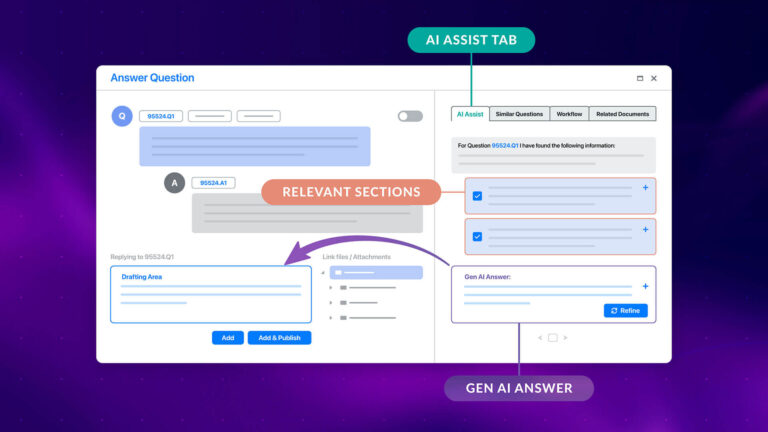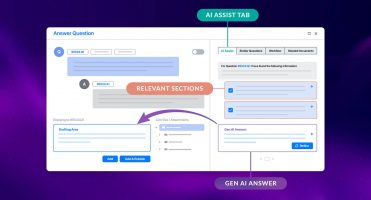Time Pressure and Error
Understanding the risk or value of a company by reviewing its documentation is a time-consuming task, particularly when dealing with large volumes of documents or complex information. Time pressures can give cause to oversight. and we’ve seen this in the past with examples such as Caterpillar and Siwei (2010) in which “due diligence oversights on Caterpillar’s part and alleged “deliberate, multi-year, coordinated accounting misconduct” at Siwei were uncovered months after the deal closed and Caterpillar took a $580M non-cash goodwill impairment write-down in 2012.” Missing something during the Due Diligence (DD) process can cause not only financial damage but reputational as well.
Manual Error
Even if there is ample time to conduct DD, there’s still a high chance that something is missed – it is only human to do so. Humans, unlike machines, are susceptible to being tired or distracted, especially if a task is repetitive or laborious. The piece of information a reviewer is looking for can be buried deep in a very long document and clauses can be worded in countless different ways.
The problem with traditional search methods
Your organisation may have moved on from purely manual techniques and may be using search techniques as available in Word or Adobe. Your organisation may even be using or looking into the use of “regular expressions” (regex)?
Well, in practice, these don’t cut it either. We will explain why…
First of all, there may be unexpected spelling errors or other inaccuracies caused by low-quality scans, which will make simple search methods very difficult. But there are many more problems when you are trying clauses or key data points.
Finding Clauses
Clauses can be phrased in numerous different ways. Entering an example clause with a simple search method will only return exact matches. Not very likely to yield satisfactory results: differently worded pieces of text will be missed. The fundamental issue is that it does not consider the semantics of the text.
Finding key data points
If you want to find particular data points such as start dates, notice periods, or monthly rent (for example), regex can partially support this. However, while regex can help you find dates, monetary values, or names, there are two problems:
- It may miss such data points as it again fails to consider the context of the information you are looking for and, in many cases, will not be useful in distinguishing the meaning of particular dates (for example between a start date and an end date).
- And, there are likely to be spelling and OCR errors when dealing with low-quality scans.
Like with search tools, regex can only get you so far, as it suffers from the same issues:
- It does not consider context.
- It is not able to consider semantics.
In conclusion, with the likelihood for human error, the incomplete solution provided by search and regex techniques, and the consequences of missing a crucial point during the due diligence, it seems all too risky to rely on such legacy processes.
While the above might seem like reason to despair, don’t! This is where the benefits of utilising AI (and we mean real AI, ideally based on Large language Models, as we notice that often search and regex techniques are promoted as AI), really come into play, which we will discuss next week …. Stay tuned!
Are you looking for a VDR with fully integrated AI-DD software? Speak to our sales team or check out our Smart Summaries page here.






